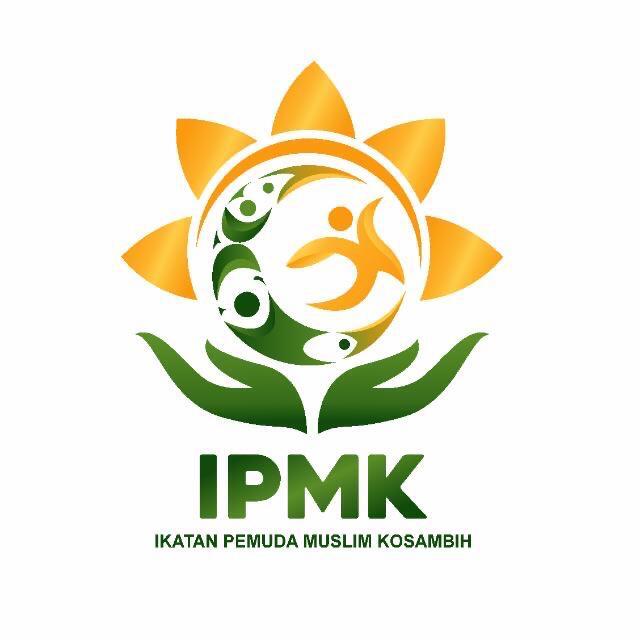UNDERSTANDING THE CONCEPTS OF JUSTICE AND EQUALITY IN ISLAMIC ECONOMICS: IMPLICATIONS FOR THE ECONOMIC WELFARE OF SOCIETY
Keywords:
Justice, Equality, Islamic Economics, Welfare, Community Economy.Abstract
This article conducts an in-depth study of the concepts of justice and equality in the context of Islamic economics, as well as their impact on people's economic well-being. The article provides a comprehensive analysis of how these principles are applied in the formation of economic policies and practices in countries with Islamic economies. The purpose of this study is to conduct an in-depth analysis of the concepts of justice and equality in the context of Islamic economics, as well as the impact of the implementation of these principles on the economic welfare of society. The research methodology used involves a literature review using a qualitative approach, this research seeks to synthesize various theoretical perspectives, empirical evidence, and studies. The results of this study show that the principles of justice and equality found in Islamic economics have a significant impact on improving people's economic welfare. By applying principles such as distributive justice, equality of access, and procedural justice, Islamic economics has the potential to promote more equitable income distribution, reduce the prevalence of poverty, and overall improve people's welfare. This research makes an important contribution to the academic discourse on Islamic economics, by providing an in-depth understanding of the principles of justice and equity within the framework and their practical implications for economic development.








